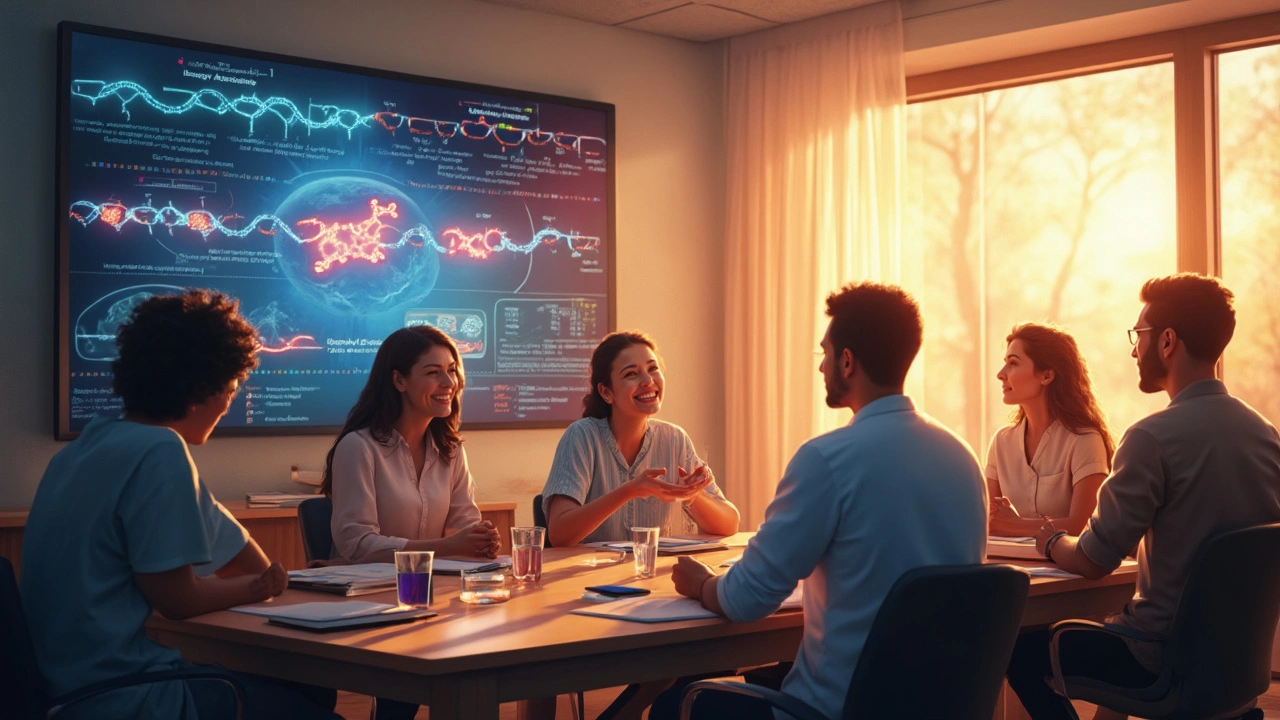Understanding Acute Lymphoblastic Leukemia Types
If you or a loved one is dealing with acute lymphoblastic leukemia (ALL), knowing the different types can help you understand the condition better and what to expect. ALL is a type of cancer affecting the white blood cells in your bone marrow. But it's not a one-size-fits-all illness—there are different types based on which cells are involved and certain genetic features.
Doctors typically divide ALL into major categories depending on whether the cancer cells come from B-cell or T-cell lymphocytes. B-cell ALL is the most common, especially in children. T-cell ALL tends to be a bit more common in teens and young adults. Each type can act differently and may respond to treatments in unique ways.
B-cell ALL: The Common Culprit
B-cell ALL happens when immature B lymphocytes grow uncontrollably. These cells play a key role in your immune system by producing antibodies. When they go rogue, it can cause symptoms like fatigue, easy bruising, or infections. The good news is that B-cell ALL often responds well to standard chemotherapy, especially when detected early. Doctors may also check for special genetic markers in the leukemia cells to tailor treatments more precisely.
T-cell ALL: What Sets It Apart
T-cell ALL starts in immature T lymphocytes, which help your body fight viruses and other infections. This type can cause symptoms such as swollen lymph nodes or chest pain if the cancer creates a mass. Treatment can be more intense, but many people still achieve remission with the right approach. Sometimes, T-cell ALL needs additional therapies like radiation or stem cell transplant.
Besides these, there are rarer variations and subtypes that doctors look for. They use lab tests like flow cytometry and genetic tests to identify these details precisely. This helps predict how aggressive the leukemia might be and guides therapy choices. Remember, every case is unique, and ongoing communication with your healthcare team is key.
If you’re curious or worried about symptoms or diagnosis, don’t hesitate to ask your doctor about the specific type of ALL. Understanding this helps you stay informed about treatment options and what to expect during your journey. Acute lymphoblastic leukemia can be challenging, but knowing its types gives you an important edge.

